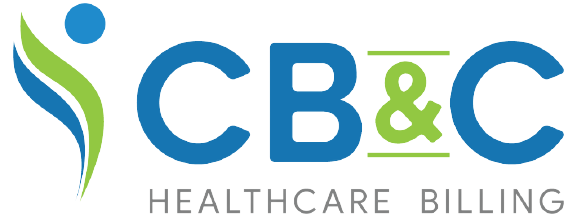- April 28, 2020
- Posted by: CB&C
- Category: Publications
Appeals for Medical Necessity’!
Does the thought of it make you cringe! Well then, how does ‘lost revenue’ grab ya?
That’s even worse! Yet – providers ARE throwing away thousands of dollars writing off services not authorized or denied for Medical Necessity. Why are providers in this position?
Well, let’s evaluate. How often are you required to send in treatment plans or notes or other documentation to support a patient’s Medical Necessity? Are you doing so? And even when you send the requested information, entire dates of services are still denied as ‘not medically necessary—or you are left with specific CPT codes paid but others still denied. What are YOU doing upon receipt of those denials? If you are doing nothing—you are losing revenue.
Truth is you and/or your staff may be struggling with knowing exactly what to do at that point? Are you one of the many providers that simply write them off? What a tremendous amount of lost revenue! You have other options. You could file an appeal!
If you are writing them off – you are not helping yourself or your profession. This epidemic of ‘Medical Necessity’ reviews has become rampant and WILL CONTINUE TO SPREAD unless providers dig their heels in and start to fight back. Every year, more and more insurance carriers are working with ODS (Outside Delivery Service) companies:
• Landmark reviews for Healthnet
• ASHN reviews for Cigna and Empire BC/BS
• TRIAD reviews for Aetna
• OptumHealth reviews for UHC and Oxford
You gain zero if you are writing your services off! That’s your money! Fight for it! I understand providers are tired – but what is the alternative? Charge the patient’s directly for their care? Do they have those funds handy? Ok but if you are a participating provider it may be in your contract that you can’t bill the patient for denied services.
If you are an out of network provider you need to weigh if the patient can afford to pay for an adjustment as well any other services you perform in a day. Some patients may be able to pay $50 a visit, but what if the visit costs $100 or more? If you are pretty sure your patients will pay you upfront – I strongly suggest you go ahead and do that. If you are concerned your patients cannot afford the immediate out of pocket expense, you really want to jump on board with this fight. And by the way, the fight does NOT have to be that overwhelming.
Let’s assume you have properly diagnosed and properly treated your patient. And you have properly documented your services, and then correctly billed them to the carrier. Why would you settle for any less than full payment for those services?
When providers don’t appeal and write off what is denied, the insurance carriers gain. They ultimately see huge savings in their own pockets! Why wouldn’t they attribute it to the Medical Necessity reviews being conducted or – even worse – than the ODS must be doing a ‘good’ job? Therefore, why would the carriers not continue to expand the relationships with ODS companies? Maybe Aetna will soon have TRIAD review the ‘W’ policies (right now they are just reviewing the managed care policies such as BBQE4KLA or MEB7GHIE). Maybe UHC expands their relationship with OptumHealth to include out of network providers too. Providers need to get involved with this fight no matter how tired they are.
Ok – so enough ranting. Let’s hope I got you fired up enough that you are going to commit to fighting for your rightful reimbursement instead of losing revenue. If so, consider the following. Every office can learn how to file appeals. It is a process, but just like any other process it can be – and should be – learned. The reality is, the staff has learned how to do insurance verifications, how to submit billing, how to use billing software, how to run a front desk, etc – they can certainly learn to file appeals.
One way to go about it is to read. You can research on your own by reading articles, going online, etc. You can go to the NJDOBI website and read about filing fully funded appeals and you can do the same with the ERISA laws and procedures for self-funded appeals. Another way to begin the learning process is to use resources that are experts in appeals. If you are a member of the ANJC, they have consultants that are available to you. Of course, you can also have CB&C come in and do consulting with your staff and train you on the appeals process.
I would like to leave you with this — however you choose to go forward is up to you – but DO go forward. Whether you are a practice that accepts insurance or whether your patients pay upfront and expect to be reimbursed by their carrier – having an appeal process will continue to become more important and more necessary in this profession. Stop this epidemic before it spreads even further. Just remember, although there is always some trial and error in learning a new process, it is worth it.

